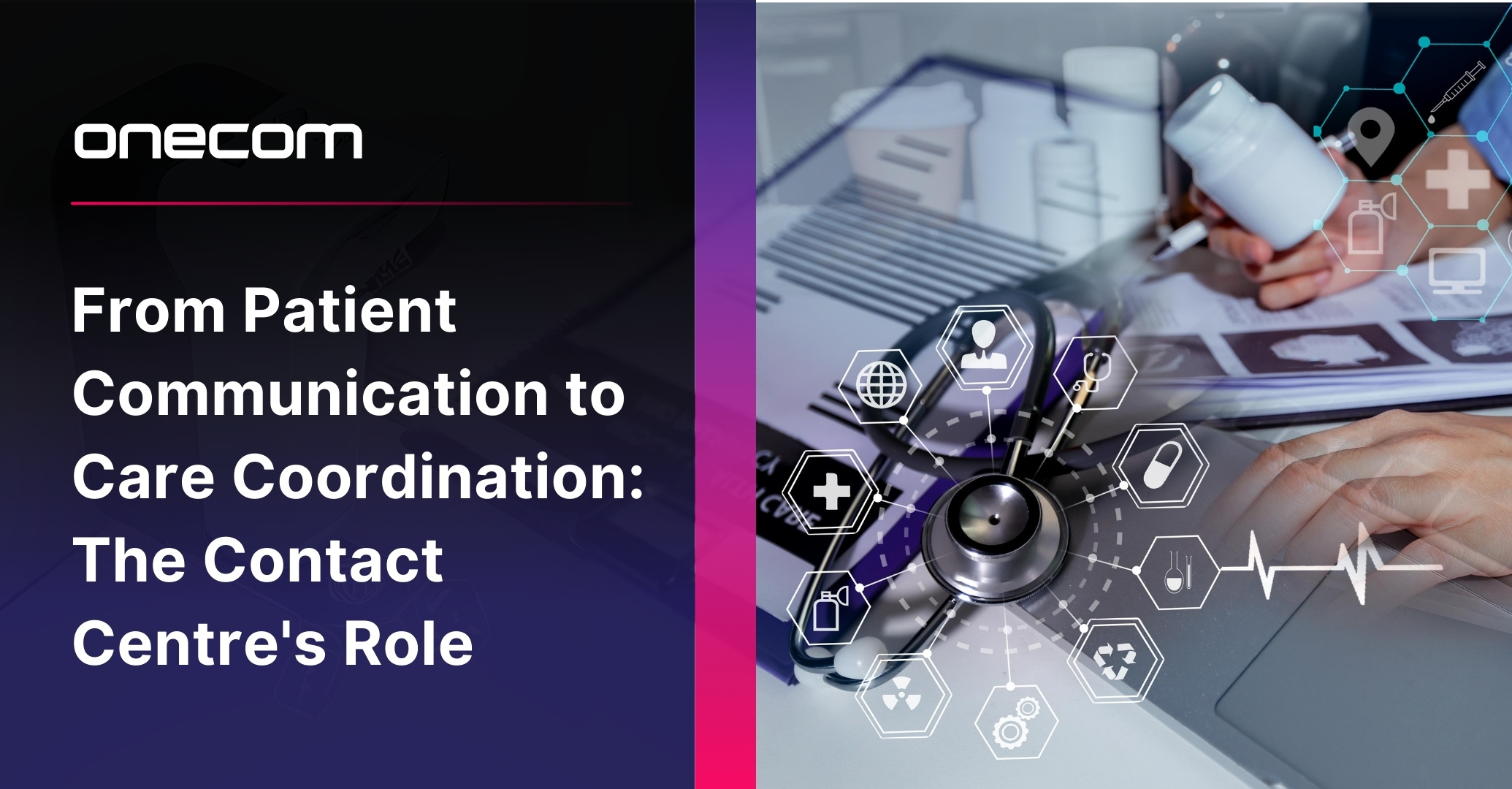Healthcare contact centres play an integral role in the communication between patients, healthcare providers, and other stakeholders. Currently, the healthcare contact centre landscape is witnessing several transformative trends aimed at improving healthcare outcomes and enhancing patient experience, which are key to tap into:
1. Digital Transformation and Omnichannel Communication:
Healthcare contact centres are increasingly adopting digital channels such as mobile apps, chatbots, email, and social media to provide omnichannel communication options for patients. This allows patients to interact with healthcare providers through their preferred channels, enhancing convenience and accessibility.
2. Remote Care and Telehealth Integration:
The COVID-19 pandemic accelerated the adoption of telehealth and remote care solutions. Healthcare contact centres are integrating telehealth capabilities to support virtual consultations, triage, and remote monitoring. This trend emphasises the need for contact centres to effectively manage remote patient interactions and support virtual care delivery.
3. Data Analytics and Personalisation:
Contact centres are leveraging data analytics and artificial intelligence (AI) to gain insights into patient needs, behaviours, and preferences. By analysing patient interactions and data from electronic health records (EHRs), contact centres can personalise communication, anticipate patient needs, and provide tailored patient care and recommendations.
4. Focus on Patient Experience and Engagement:
Healthcare organisations are placing greater emphasis on improving patient experience and fostering patient engagement. Contact centres play a vital role in this effort by providing timely, empathetic, and personalised care to patients. This includes proactive outreach, patient education, appointment scheduling, follow-up care coordination, and addressing patient concerns and feedback.
5. Integration with Healthcare Ecosystem:
Contact centres are becoming more integrated with other components of the healthcare ecosystem, including electronic medical records (EMRs), appointment scheduling systems, and population health management platforms. Such integrations facilitate seamless information sharing and coordination of care across different healthcare settings and providers.
6. Compliance and Security Considerations:
Healthcare contact centres must adhere to strict regulatory requirements, including HIPAA (Health Insurance Portability and Accountability Act) regulations, to ensure the confidentiality and security of patient information. Contact centres are investing in robust security measures and compliance protocols to safeguard patient data and mitigate risks associated with data breaches and privacy violations.
7. Workforce Management and Training:
Effective workforce management and training programs are essential for healthcare contact centres to maintain high-quality service delivery. Contact centre agents require highly specialised training in healthcare regulations, medical terminology, empathy, active listening, and communication skills to effectively address patient needs and inquiries.
By staying abreast of these key trends and leveraging technology, data, and best practices, healthcare contact centres can enhance patient engagement, improve care coordination, and contribute to better health outcomes.
Interested in discovering how your healthcare contact centre can stay ahead with best practices?
Book a free discovery session with Adam today.
Adam Green
CX Expert
Onecom
